The tipping point came with Aishwarya Rai’s suit against counterfeit merchandise, AI-generated images and face morphing. On September 11, the Delhi High Court ruled in her favour, stating that the unauthorised use of her name, likeness and image violates her right to privacy and dignity. The court also ordered Google to take down offending URLs within 72 hours and directed the IT Ministry to block them within a week. The judgment recognised that such use is not only a reputational assault but could also mislead people into believing that a celebrity endorses a product or a platform when they do not.
For celebrities, their face, voice, and style of delivery are assets, carefully built and monetised through endorsements, films, and appearances. When these elements can be recreated at will through AI, the risks range from reputational damage to outright fraud.
This is where the concept of personality rights becomes crucial. While Indian law does not explicitly list these rights in a statute, courts have recognised them through the broader right to privacy under Article 21 of the Constitution and through principles of intellectual property law. These rights broadly fall into two streams: the right to privacy, which gives an individual control over personal information, and the right of publicity, which allows a person to decide how their image and persona can be used commercially.
Courts have gradually affirmed these principles in cases ranging from Daler Mehndi’s fight against dolls mimicking his likeness in 2010 to Anil Kapoor and Jackie Shroff’s recent victories against unauthorised use of their image and AI-generated content.
Deepfakes and generative AI have lowered the barriers to creating hyper-realistic videos, images and voice clones. Unlike past cases of unauthorised merchandise or lookalike dolls, AI creates a far murkier challenge, where the fabricated version of a celebrity can look indistinguishably real. And unlike in countries such as the EU, India has no specific regulation to govern AI-generated content.
The government’s attempt to introduce a Personal Data Protection Bill in 2019 was later withdrawn after concerns from technology companies and civil society. The Information Technology Act, 2000, with its patchwork of provisions, was written in a pre-AI era and offers little guidance for such scenarios. This legal vacuum has left celebrities to fend for themselves, turning to the courts one by one to protect their image and dignity.
/images/ppid_59c68470-image-175794004657495337.webp)

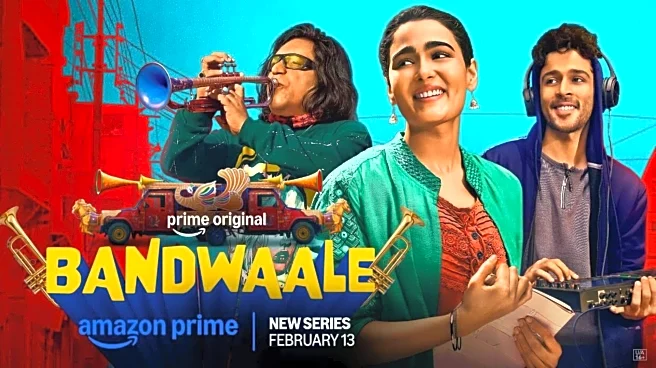

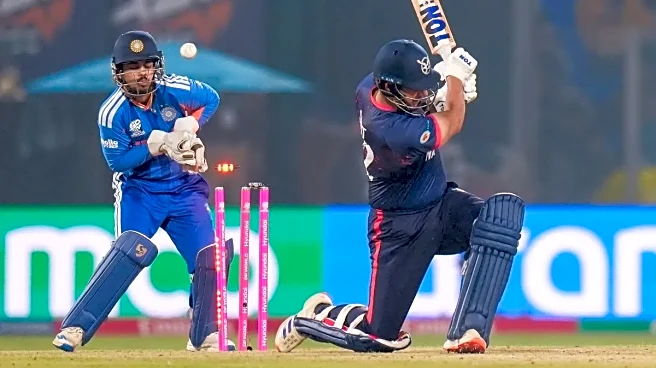

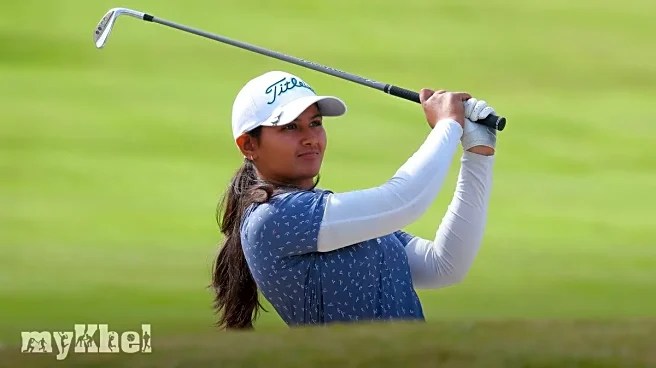
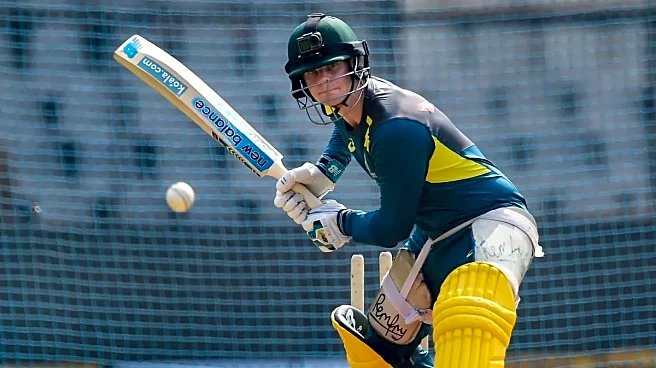
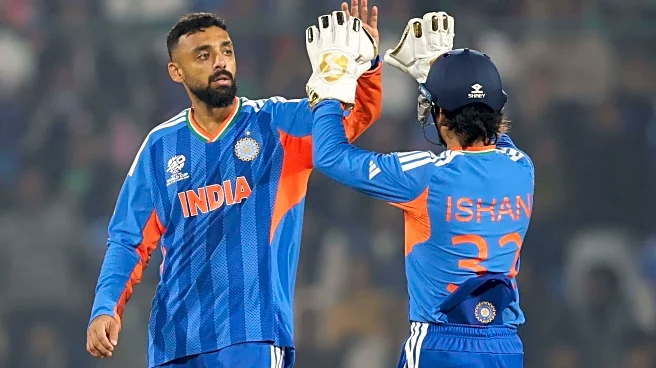
/images/ppid_59c68470-image-177092011588535423.webp)

/images/ppid_59c68470-image-177092006686738166.webp)